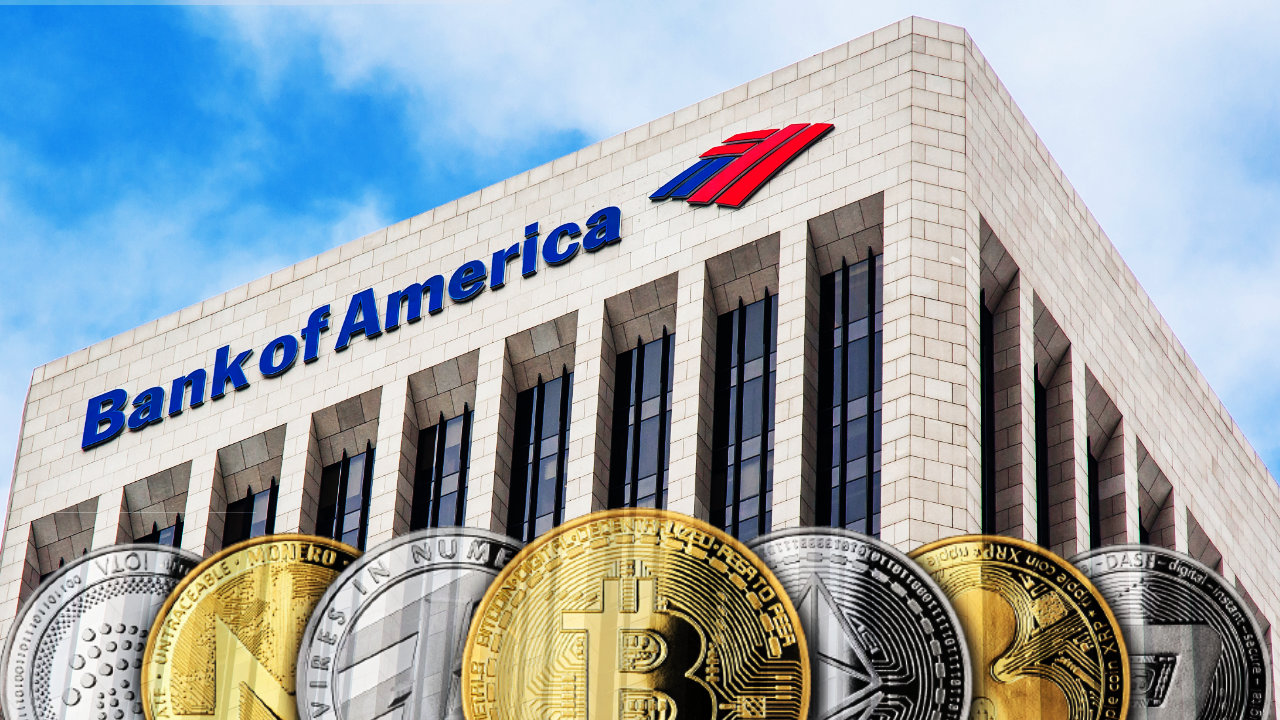Exploring the Rich Tapestry of Cryptocurrencies Beyond Bitcoin and Ether
Despite Bitcoin and Ether hogging headlines, a vast expanse of cryptocurrencies is quietly revolutionizing the financial landscape. This article delves into the top ten cryptocurrencies that every investor should familiarize themselves with, each boasting distinctive features and capabilities that extend far beyond the mainstream narratives.
1. Solana: The Ethereum Killer
Solana burst onto the scene in 2017 and has earned its reputation as the “Ethereum killer” due to its impressive speed and cost-effectiveness. Transaction fees are notably lower than those on the Ethereum network, while still supporting a vibrant ecosystem of decentralized applications (dApps). As of June 2024, Solana was valued at $174, solidifying its place as the fifth-largest cryptocurrency with a market capitalization of $80 billion. Solana continues to gain traction in the cryptocurrency market.
2. Dogecoin: From Meme to Mainstream
Originally conceived as a joke by software engineers Billy Markus and Jackson Palmer in 2013, Dogecoin has morphed into one of the most valuable cryptocurrencies. Its popularity surged during the GameStop saga in early 2021, with Reddit’s WallStreetBets community rallying around it, provoking a price spike that culminated at $0.74 in May 2021. Now, Dogecoin stands as a testament to the power of community and meme culture in driving value. Dogecoin’s journey from a joke to serious investment.
3. BNB: The Utility Powerhouse
Formerly known as Binance Coin, BNB was created by Binance, the largest cryptocurrency exchange globally. Initially launched on the Ethereum blockchain in 2017, it migrated to its own BNB Smart Chain by 2019. Uses for BNB span from covering trading fees on Binance to facilitating payments for various services, thus witnessing robust growth driven by its applicability. BNB plays a crucial role in the Binance ecosystem.
4. Cardano: A Sustainable Future
Established in 2015 by Charles Hoskinson, a co-founder of Ethereum, Cardano emphasizes sustainability and scalability. By reducing transaction costs and enhancing validation speed, Cardano focuses on delivering secure and efficient blockchain solutions. As of mid-2024, it is valued at $0.46 and continues to evolve its capabilities. Cardano aims for sustainability in blockchain technology.
5. Polkadot: Interoperable Blockchain Solutions
Polkadot champions the goal of creating a seamless network of interconnected blockchains. Its innovative framework promotes interoperability, allowing independent blockchains to communicate and cooperate effectively. With a token price of $7 in June 2024, Polkadot plays a crucial role in fostering collaboration across disparate blockchain networks. Polkadot enables diverse blockchains to work together.
6. Polygon: Enhancing Ethereum’s Capabilities
As Ethereum became bogged down by demand, Polygon emerged to provide necessary scaling solutions for Ethereum-based dApps. Its design runs parallel to Ethereum’s blockchain, contributing to speed and enhancing overall transaction efficiency. By mid-2024, Polygon (MATIC) was trading at around $0.73, illustrating its growing importance in the ecosystem. Polygon enhances scalability for Ethereum.
7. Avalanche: Fast Transactions, Low Fees
Ranked 12th in the market capitalization stakes, Avalanche touts its ability to process 6,500 transactions per second compared to Ethereum’s 12-15. As of June 2024, it showcased a token price of $36, asserting its position as a formidable competitor in the race for scalability and efficiency within the cryptocurrency market. Avalanche’s focus on high-speed transactions sets it apart.
8. Toncoin: Bridging Messaging and Blockchain
Initially developed by Telegram, Toncoin (TON) promotes cross-chain interoperability, enabling different blockchains to communicate and execute transactions. As of June 2024, its price stood at $7.3, highlighting its potential role in the evolving landscape of blockchain-based messaging systems. Toncoin bridges the gap between messaging and blockchain applications.
9. Tron: Decentralizing the Web
Founded by Justin Sun in 2017, Tron aims to create a decentralized internet by leveraging blockchain technology to host dApps. As of mid-2024, Tron is priced at $0.11, maintaining its focus on building an open and user-governed platform independent of centralized control. Tron is committed to decentralizing the web experience.
10. Uniswap: The Decentralized Exchange Revolution
When Uniswap launched in 2018, it pioneered the concept of a decentralized exchange, allowing users to trade cryptocurrencies without relying on an intermediary. Its native token, UNI, now ranks 20th in terms of market capitalization with a trading value around $10 as of June 2024. Uniswap embodies the spirit of decentralization that many in the crypto space champion. Uniswap represents the future of decentralized trading.
The Moving Market Landscape
The cryptocurrency market is dynamic, reflecting shifts in global economic indicators. Bitcoin remains a crucial barometer for general market sentiment, and recent employment reports indicate potential for interest rate cuts. Despite some challenges, Bitcoin holds solid ground above $69,000 while other currencies like Ethereum attempt to stabilize amidst a segmented market.
Overall, while Bitcoin and Ethereum remain the heavyweights in the crypto world, a plethora of other cryptocurrencies are shaping the future of finance and technology. Investors should consider diversifying their portfolios with these essentials to capitalize on the unique opportunities they present.


 Photo by
Photo by 












